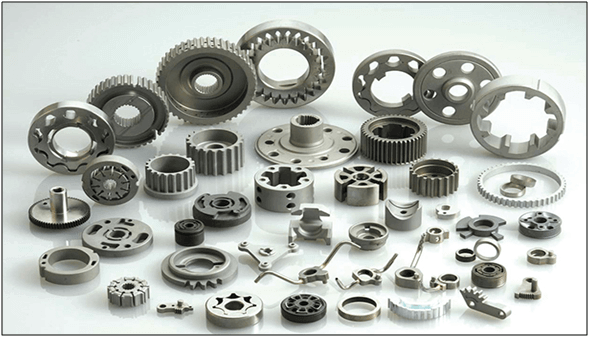One of the important processes in the manufacturing plant is procurement which is also a control mechanism of the flow of materials into the from the vendor or supplier. Half of the sales revenue depends on purchased materials manufacturing hence the profit potential of effective purchasing activities is huge compared with other practical management alternatives. You should pay less for what you buy or spend wisely.
Commonly consented that it is simpler to buy well than it is to sell well. Wise purchasing can reduce operational costs appreciably and improve profitability. The selection of an appropriate procurement technique is important due to complex decision-making process due to risks and uncertainties.

Table of Contents
Importance of Procurement Techniques
Procurement techniques are crucial and should be determined at an early stage due to the impact on the procurement lead-time, and to ensure a realistic timeframe and the expectation for contract award is achieved.
This initial activity will avoid disappointments, unrealistic expectations, and frustrations when, due to poor planning, it is impossible to meet expectations set during the requirement definition phase. At this phase of the process, it is also crucial to decide which procurement technique is competitive to use. Among the important factors to consider when deciding a procurement technique, will be the complexity of the metallurgy products, procurement type, and monetary value. A decision to use a procurement technique is normally based on the procurement rules.
A legal framework is needed to guide on which method should be utilized. Among the factors that we need to consider are the value of the products, the degree to which the procuring entity is defines the requirement, the need for prospective bidders, the urgency of the demand, as well as market availability of the products.

Open Tendering Technique
Open tender is a common procurement technique made available to public and all organizations who are interested to apply for the contract. Open tendering is a one-stage bidding process. All vendors who are interested to contract notice will be invited to share their tender. The contract notice will state where the tender documents can be obtained and the last date of tender acceptance.
Restricted Tendering Technique
Restricted tendering is a procurement technique which is only made available to limited suppliers for due to economic and efficient situation. This process is only opened to tenders who have been selected through prequalification process which meet certain conditions of goods, services or works which might be available only by limited number of suppliers. This tendering option is normally considered if the time and cost required to examine and evaluate many tenders is inconsistent to the value of the goods, services and works to be procured.
Request for Proposals (RFP) Technique
The RFP technique is commonly referred toas the two-envelope procurement technique and can beused for goods, services, or works. This technique describes on the customers’ needs and specify each evaluation criteria assessed on the particular vendors proposal. This technique is operates when a specific solution to fulfil a requirement is required from a supplier. A technical and financial proposal is required to be submitted in two separate envelopes by the supplier. To fulfill the pre-determined evaluation criteria process, technical proposal will be prioritized. The RFP technique will be opened for further evaluation on those firms that achieved minimum qualifying marks (score) by looking into their financial proposals.

Two-Stage Tendering Technique
Two-stage tendering is known as RFP because the technical and financial proposals are submitted separately, but one before the opposite, instead of simultaneously. Submitted tenders will contain on the basis with minimal details only. Within the second stage, the employer’s team will develop the precise specification in conjunction with the popular tenderer. This technique is preferred for more complex projects, where the inputs from competent contractors are crucial to the success of the projects. This procurement technique requires the submissions to be done in two stages of the proposal. For the technical requirements scope of duty is often assisted by the bidders.
Global Sourcing Technique
Global sourcing are often identified as seeking for foreign supply sources to incorporate within the overall purchasing strategy. Outsourcing is engaging an outdoor agency to manage a business function or process of the corporate. Global sourcing, which is sort of almost like offshoring, except that the specialized capabilities are accessed from external agents across geographical borders. The most incentive for outsourcing is cost reduction, especially on labour. However, companies are more exposed to problems thanks to differences in standards and lack of control. Furthermore, for suppliers who had a better quantity production and experience can enjoy economies of scale and tap on capabilities like expert knowledge, technologies and other resources that are unavailable to the buying company.
The full content is only visible to SIPMM members
Already a member? Please Login to continue reading.

